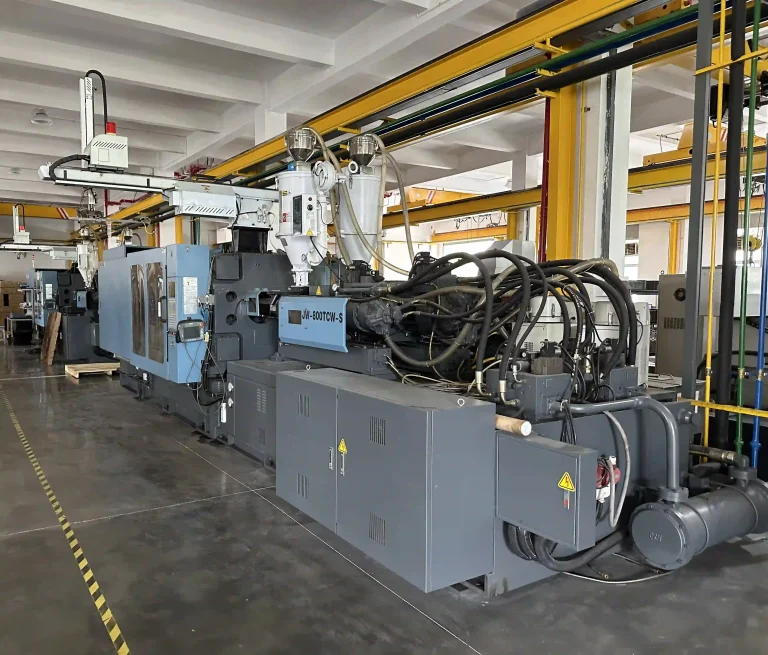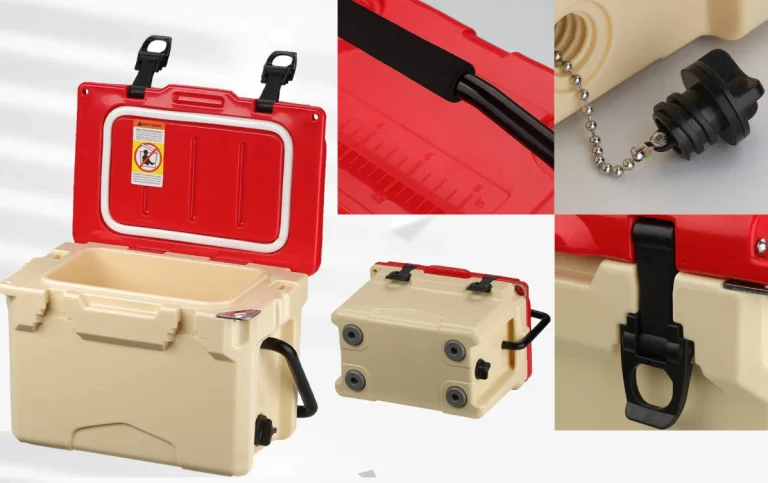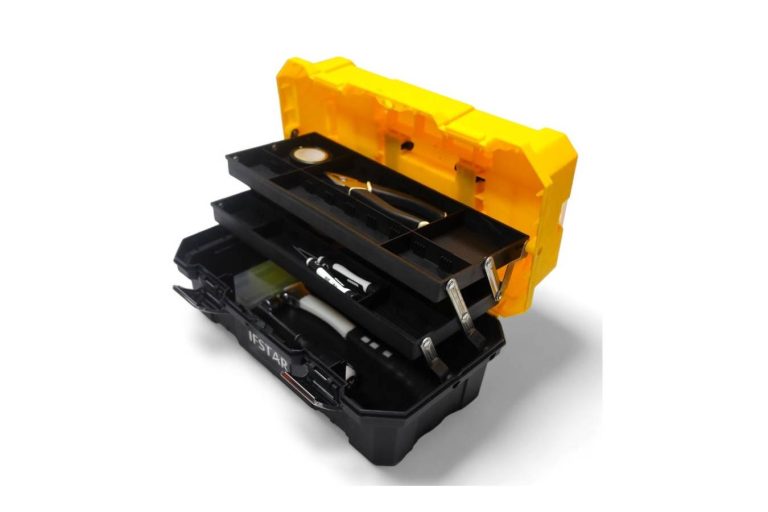Le stockage d'équipements dans des environnements humides ou corrosifs après déploiement/formation risque d'endommager les composants métalliques par la rouille et la corrosion. Les boîtiers rotomoulés éliminent cela avec des joints étanches qui évitent l'humidité, créant un tampon protecteur entre le contenu dans le stockage et l'environnement extérieur. Cela est particulièrement utile dans les climats humides ou les zones côtières où l'exposition à l'eau salée accélère l'usure. En empêchant les impuretés environnementales d'entrer en contact avec les pièces internes, de tels cas prolongent considérablement la durée de vie de l'équipement par rapport au stockage non fermé. Leur construction robuste résiste à la dégradation même en cas d'utilisation régulière dans des environnements difficiles, en maintenant la fonctionnalité tout en minimisant les coûts à long terme d'entretien. Améliorer l'efficacité opérationnelle avec des solutions de stockage sécurisées
Compartiments personnalisables pour équipement spécialisé
Les boîtiers rotomoulés comportent souvent des intérieurs personnalisés qui sont conçus pour maintenir divers articles d'équipement militaire en place avec précision et soin. Les inserts en mousse peuvent être personnalisés pour s'adapter aux armes et aux dispositifs de communication ou à tout autre équipement spécialisé à l'intérieur du boîtier. Cette approche personnalisée aide à réduire les déplacements pendant le transport. Ajoute une couche supplémentaire de protection, contre les impacts soudains.
Conception empilable et légère pour la mobilité
La construction durable mais légère des boîtiers améliore la manœuvre pendant les déploiements. Plusieurs versions sont conçues pour empiler efficacement, optimisant les économies d'espace lors du stockage ou du transport sur des véhicules militaires. Cela améliore l'efficacité logistique et assure un accès rapide aux équipements vitaux pendant les moments critiques.
Applications des boîtiers rotomoulés dans le secteur militaire
Protection des dispositifs de communication et de l'électronique
La dépendance opérationnelle des soldats repose sur les équipements de communication et l'électronique sensibles à l'eau et à la poussière. Les boîtiers rotomoulés offrent une défense robuste avec des capacités imperméables, à l'épreuve de la poussière et résistantes aux chocs. Avec une construction robuste, les éléments extérieurs ne peuvent pas affecter l'intégrité de l'équipement en transit ou en mission, ce qui peut donc fonctionner dans des conditions défavorables. Cela permet de ne pas endommager les équipements clés, optimisant ainsi la fiabilité de fonctionnement. 2U L'intérieur réglable des boîtiers les rend fonctionnels pour les équipements de communication en étant des inserts en mousse réglables pour bercer en toute sécurité des équipements spécifiques sans mouvement et en ajoutant un rembourrage supplémentaire aux impacts des coussins - un aspect vital pour préserver le fonctionnement de l'électronique délicate, dans des conditions militaires stressantes.
Transporter des armes et des munitions en toute sécurité
Le transport des armes et des munitions en toute sécurité fait partie de la logistique militaire pour éviter les accidents et maintenir la préparation des troupes. Les boîtiers rotomoulés sont spécialement conçus pour répondre à ces problèmes avec leur durabilité et leur structure solide qui élimine toute vulnérabilité pour résister efficacement à la manipulation rugueuse et aux impacts externes.
Les boîtiers rotomoulés sont également équipés de systèmes de verrouillage qui découragent l'entrée non autorisée et améliorent la sécurité des armes à feu et des balles stockées. La configuration empilable des variantes maximise l'efficacité spatiale lors du transport sur des véhicules militaires, ce qui en fait une sélection pratique pour des déploiements étendus.
Sécurisation des équipements de surveillance sensibles
L'équipement de surveillance est essentiel pour aujourd'hui’ Il offre des informations cruciales pour la prise de décisions, mais ces outils sont fragiles et nécessitent des garanties spécifiques contre les éléments et les dommages physiques. Les boîtiers rotomoulés offrent une réponse, avec leurs caractéristiques étanches à l'eau, à l'épreuve de poussière et à l'absorption des chocs.
La capacité d'ajuster les compartiments aide à installer le matériel de surveillance avec précision sans beaucoup de déplacements pendant le déplacement. Il protège l'équipement. Facilite également le déploiement rapide lorsque nécessaire. Les boîtiers rotomoulés durables mais légers sont conçus pour améliorer la portabilité, ce qui les rend parfaits pour les tâches de terrain qui nécessitent du mouvement.
Yifu’ Rotomolded Case: une solution fiable pour les besoins militaires
Performance prouvée dans les affaires militaires
s boîtiers durables
sont devenus une option pour un usage militaire en raison de leur capacité démontrée à bien fonctionner dans des conditions difficiles. Ils sont fabriqués en utilisant des thermoplastiques de première classe tels que le polyéthylène (PE) réputé pour sa résistance aux chocs et aux produits chimiques. Ce choix de matériau garantit que les boîtiers de Yifu peuvent résister à l’environnement sans sacrifier leur résistance structurelle.
s boîtiers rotomoulés
ont une caractéristique dans leur capacité à maintenir des niveaux de température constants sur une large gamme de climats. Que ce soit des déserts chauds ou des zones arctiques glaciales. Rendez-les polyvalents pour diverses conditions environnementales. La conception scellée de ces boîtiers protège efficacement l'humidité et protège l'équipement contre la corrosion et les dommages causés par l'humidité.
En outre,
offre une gamme de choix de personnalisation, pour ses boîtiers moulés en rotation permettant aux groupes militaires de personnaliser les intérieurs en fonction de leurs besoins individuels. Des outils de communication adaptés, des armes à feu aux équipements de surveillance, ces options sur mesure garantissent la sécurité et l'organisation. De plus, la conception qui permet l'empilage améliore l'efficacité en facilitant le stockage économisant de l'espace pendant le transport.
Les boîtiers rotomoulés de Yifu ont prouvé leur fiabilité grâce à des tests dans des situations réelles montrant qu'ils peuvent supporter des conditions difficiles et offrir des options de stockage sécurisées, ce qui les rend essentiels pour les opérations militaires.
Les boîtiers rotomoulés évoluent-ils avec les exigences de durabilité ?
R : Oui. Les fabricants utilisent de plus en plus du LLDPE recyclable et des additifs respectueux de l'environnement pour répondre aux réglementations environnementales mondiales. Certaines entreprises intègrent désormais les plastiques recyclés dans leur production, conformément aux objectifs de durabilité militaire.
Comment la personnalisation stimule-t-elle l’innovation de l’industrie ?
R: Les inserts de mousse personnalisés, les compartiments modulaires et les systèmes de montage intégrés sont tendances. Par exemple, les boîtiers avec mousse coupée au laser pour la protection des instruments de précision ou les roues intégrées pour le transport d'équipements lourds sont en forte demande. L'étanchéité IP67 et l'étanchéité à la poussière restent standard pour les environnements difficiles.
Le moulage en rotation (ou rotomoulage) fabrique des conteneurs sans couture à travers un processus intéressant. Ici' Comment ça fonctionne: Les travailleurs remplissent d'abord un moule creux avec une poudre de plastique spéciale.
Comment les boîtiers rotomoulés protègent l'équipement militaire des conditions difficiles - Yifu
8 avril 2025
8 avril 2025 – Yifu
15 avril 2025
15 avril 2025 – Yifu
2024年12月17日
Commentaires sur : YF-A2605 Boîte de stockage d'instruments en aluminium Portefeuille de verrouillage en aluminium Portefeuille dure Brief Cases
Malgré sa construction robuste, le boîtier est léger, ce qui le rend facile à transporter tout en conservant une résistance exceptionnelle.
Wheeled Cases – Page 2 - Yifu
Commentaires sur : YF-C1044 40QT Portable Isolé Ice Chest Roto Mould Cooler
评论:相机案例
YF-A3200 alliage d'aluminium avec éponge pour l'équipement de tatouage cosmétique maquillage outils cas
« YF-R57 Boîte de premiers soins durable extérieure avec valise roulante à tige de traction » — Yifu
vendredi, 14 mars 2025 03:00:59 0000
Commentaires sur : YF-R57 Boîte de premiers soins durable extérieure avec valise roulante à tige de traction
Wechat images _2021090215382730
Wechat images _2021090215382729
Wechat images _2021090215382728
Wechat images _2021090215382727
Wechat images _2021090215382725
Wechat images _2021090215382724
Wechat images _2021090215382723
Wechat images _2021090215382722
Wechat images _2021090215382721
Wechat images _2021090215382720
Wechat images _2021090215382719
"YFGB-26 dur plastique d'essai d'instruments Compact caméras étui de protection" — Yifu
https://www.yifuproducts.com/ja/product/yf-f1352-roto-molded-crossover-combo-fire-case/
YF-F1352 Roto Molded Crossover Combo Fire Case Commentaires à Commentaires sur : YF-GB221 Portable élégant pour 2024 Sacs de bijoux 8 Fente Montre Boîte de voyage Boîte de stockage en plastique«YFR-605060 Rotomolded Transport Shipping Case» — Yifu
Les coins et bords renforcés offrent une protection supplémentaire contre les chocs et la manipulation rugueuse.
« Comment rester prêt avec un petit étui protecteur polyvalent » – Yifu
« YFR-4125 12U Vertical Power AMP Rack Mount Flight Case avec roulettes » — Yifu
« YFR-3498 2U Aluminium 17-pouces Deep Flight Rack Case Boîte à outils métallique » — Yifu
https://www.yifuproducts.com/fr/product/yf-r500-bullet-box-military-equipment-waterproof-shockproof-case/
Commentaires sur : Boîte à balles YF-R500 Boîte à chocs imperméable pour équipements militaires
Grandes boîtes – Page 2 – Yifu
https://www.yifuproducts.com/fr/product/yf-r49-chainsaw-tool-equipment-waterproof-case/
mer, 28 mai 2025 13:05:59 0000
Commentaires sur : YF-R49 Boîtier imperméable pour équipement d'outils à chaîne
https://www.yifuproducts.com/fr/product/yf-r47-2-crossover-overland-cargo-equipment-roto-molded-gun-case/


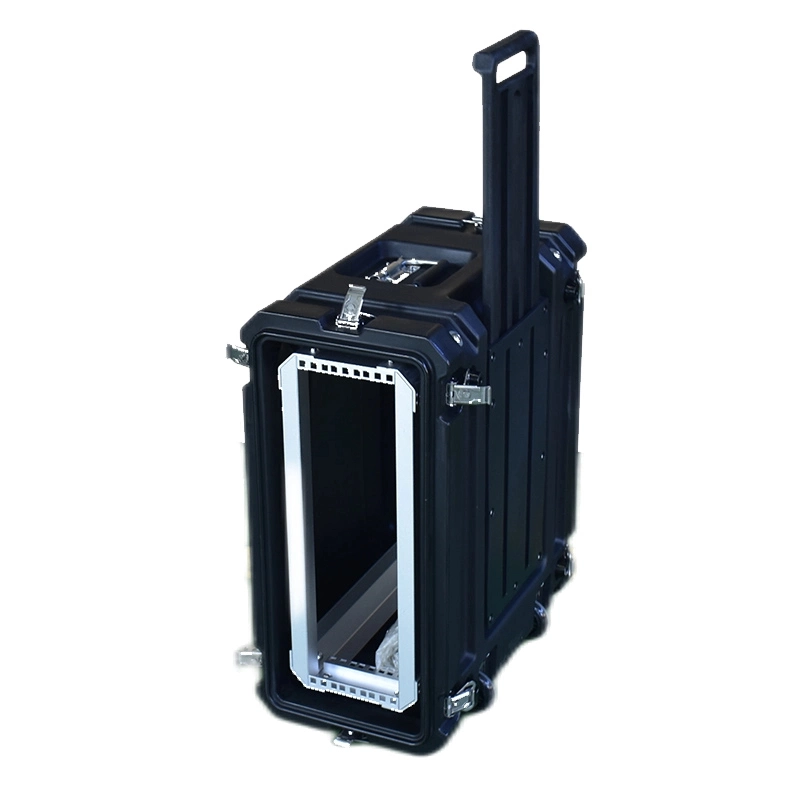
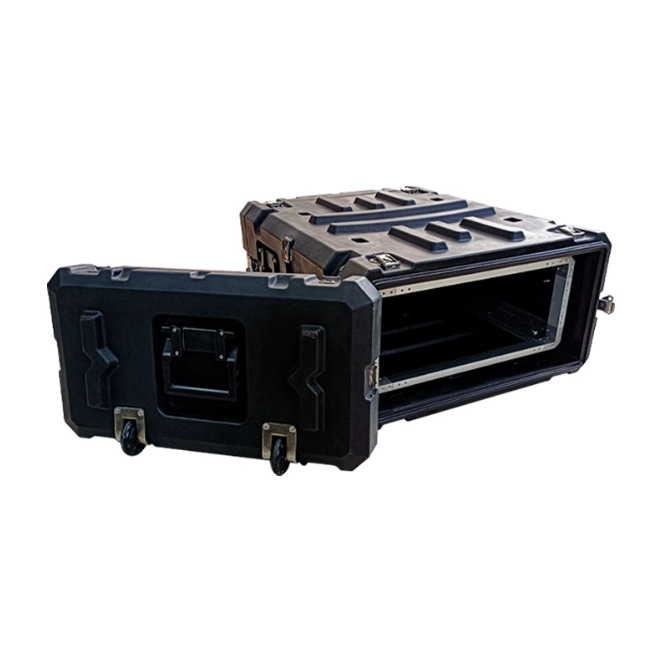
![Établie en 2009 et dont le siège social se trouve dans la ville de Yiwu, dans la province du Zhejiang, en Chine, Yiwu Yifu Products Co., Ltd. est devenue un fabricant et un fournisseur leader de boîtes à outils et de solutions de stockage de haute qualité. En tirant parti de l'emplacement stratégique de Yiwu, connu sous le nom de “ Monde’ s Capital des petites marchandises, ” nous bénéficions de […]](https://www.yifuproducts.com/wp-content/uploads/2025/07/rack-mount-case4.webp)

